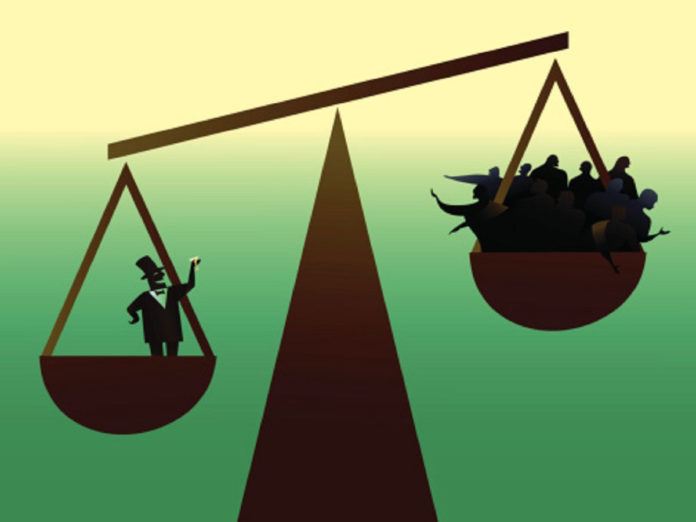Income inequality is the term referred as the unequal distribution of household or income across individual. This merely leads to some major impacts on society in a various manner. For example, economic instability, financial crisis, your level of happiness, etc. It even pushes people to take the risk.
The lower end of the economic spectrum would like to move higher. Less equal societies have less stable economies. To figure it out, a trio of researchers has conducted a survey that suggests rising income inequality in the world today could lead to a range of poor outcomes.
Two scientists from the University of North Carolina in collaboration with a scientist from the University of Kentucky conducted the study. They wanted to figure out the possible real-world impact of this change. Thus they carried two types of experiments designed to learn more about the behavior of those living below the standard of those at the top.
In the first experiments, scientists asked volunteers to play a gambling game. Players reported that they believed to be the average results of previous players. At the other hand, half of them reported that the best players earned much more than other players. The other half were told the winnings gap was relatively small. Scientists then asked each of the volunteers that how much they felt they needed to win to feel like they had done well. They even got a chance to play by placing bets where they could win real-world money.
READ: Cost Keep Some Kids Out Of School Activities
Scientists then studied how the volunteers performed. They found that those who were told that prior players had won a lot more than other players tended to place riskier bets. Those volunteers showed a higher need to win than the other players.
The researchers studied Google search string data regarding risky behavior and financial gain to learn more about real world conditions. They analyzed data for example, how many people searching for information about lottery winning, or other ways to win money. Scientists found that people who lived in states where the income gap was the highest tended to conduct much more such searches.
Hence, they draw out the conclusion by suggesting that exposure to high-income lifestyles entices lower-income people to engage in risky behavior.
